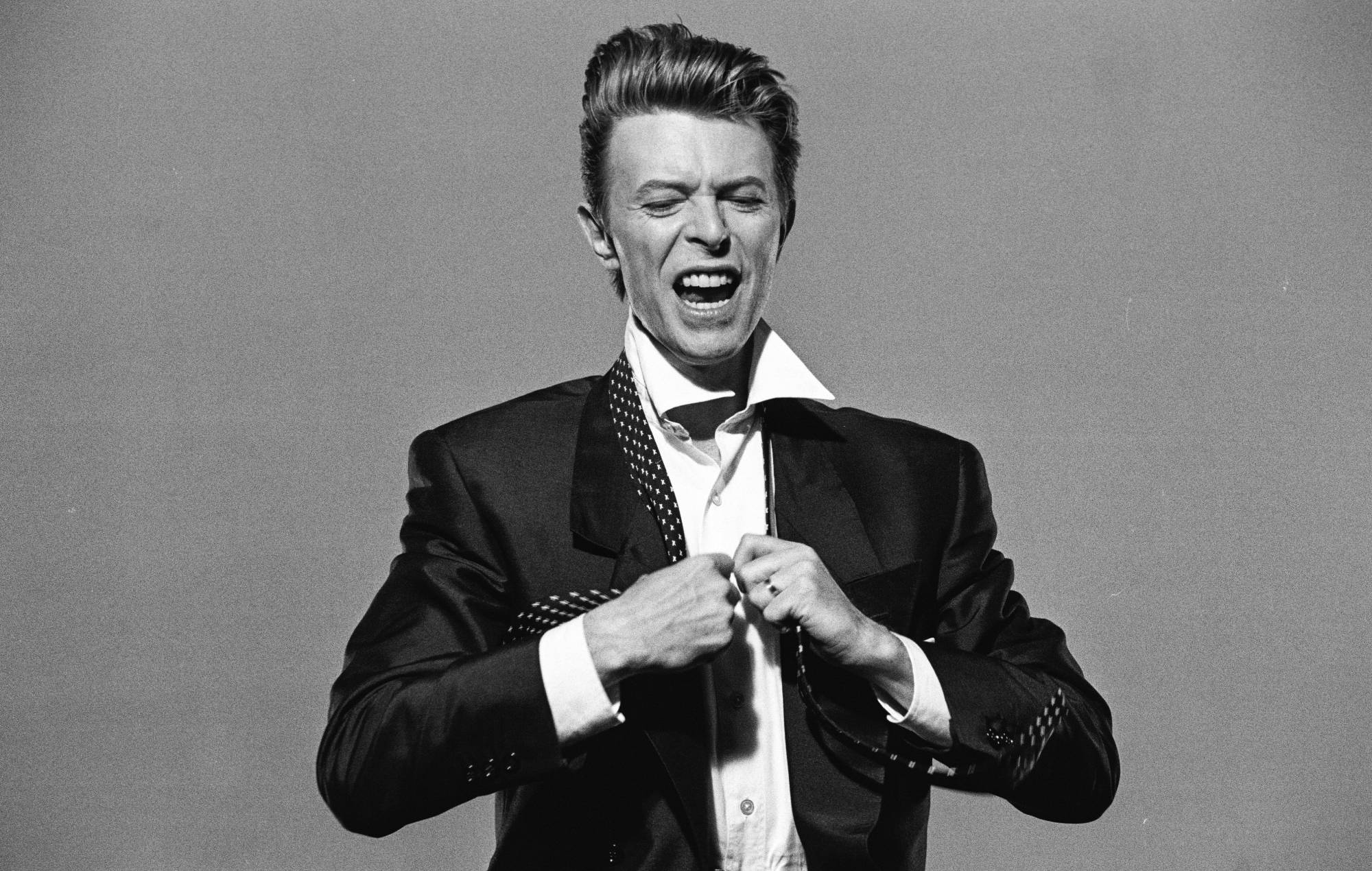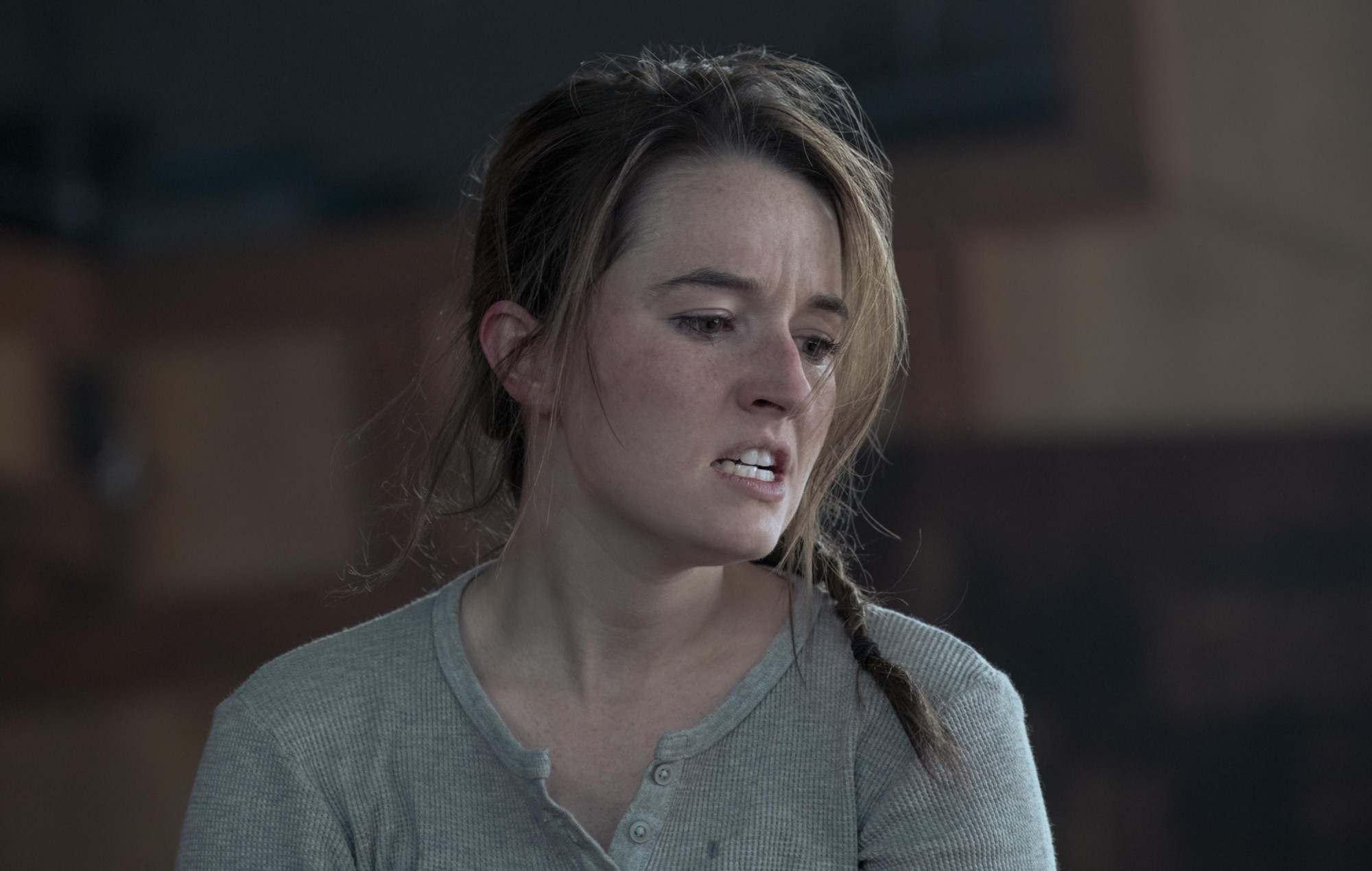Phonique has been in the game long enough to know that staying creatively focused takes more than just inspiration. On his new collaborative single “Dreams Become Reality” with Island Hill, he returns with the kind of refined deep house production that has defined much of his career. The track is clean but warm, built on groove-forward arrangements that leave space for Island Hill’s melodic guitar work and vocals to shine.
The project comes with a retro-leaning remix by Alexey Union & XANDL, plus a Chilled Mix version that dials down the tempo without losing the emotional weight.
[embed]https://youtube.com/watch?v=KE5SjZ3DydU&si=DMGdw78LXkz4nDW-[/embed]Best known for his work on Poker Flat, Crosstown Rebels, and Dessous, Phonique brings his signature restraint to the collaboration, giving the record a polished, natural balance between club functionality and musicality. The energy here feels earned, not forced. It is a release that rewards both close listening and dancefloor immersion.
We caught up with Phonique to talk about recalibrating focus, getting serious about production, and why being fully present in a session often comes down to clear communication and removing mental clutter.
What made you take production seriously as more than a hobby?
I already made my decision at one point to focus on music instead of studying chemistry (which I almost finished).
So besides promoting events and DJing and writing about music, I started getting my ideas to life at the studio. When this turned out to be much fun, I simply kept going.
Have you ever had to recalibrate your focus after a period of distraction?
Yes always. Nowadays, you have to take care of so many other things that producing music has become only 1% of the job. This is so sad and I wish I had more money to feel more free to focus on my music.
What’s something small you changed in your environment that helped you focus?
Routine. I get up at 7:30 in the morning, get my daughter ready for school and walk her to school, walk to a small Portuguese cafe to meet one or two friends for a morning coffee and then walk to the gym.
After the gym I walk over to the Soho House (the cafe downstairs is open to non-members) and get in two hours of office work (that’s also where I’m doing this interview now). After that I can be flexible with my tasks for the day and have the good feeling of having done some important stuff already.
How do you handle interruptions when you’re locked in?
I don’t see them as interruptions. I see them as breaks, so I can refocus afterwards. Also, I mainly do studio time when in Brazil in a smaller town called Bal. Camboriu. This way I won’t get naturally distracted except for the dogs or my studio technician.
What’s the cost of treating production casually for too long?
You usually don’t get anywhere this way. You need to focus and have an idea or a plan at some point. It’s good to be creative and play around with ideas first, but at some point you need to know where you want to go with it.
Do you think attention is a skill? If so, how do you sharpen it?
It’s a skill, but I am not sure if it’s something everyone can learn. You should try to, at least. Put your phone away. Get other things done before—in my case, every time I need to do my taxes, I can’t really focus on anything else. Get all this stuff out of the way first and then focus on your music and enjoy the process!
When have you surprised yourself by being fully present in a session?
My biggest skill is to quickly see where I want to go with a track. This is helping to get projects quickly done usually.
My biggest weakness is that I am a horrible producer myself and I always need to rely on my studio partner’s ability to understand what I am looking for. Once the communication works, the flow is given and a track can be finished in two to three hours.
But yes, you need to be fully present in these sessions.
The post how Phonique balances deep house roots with modern routines appeared first on Magnetic Magazine.



